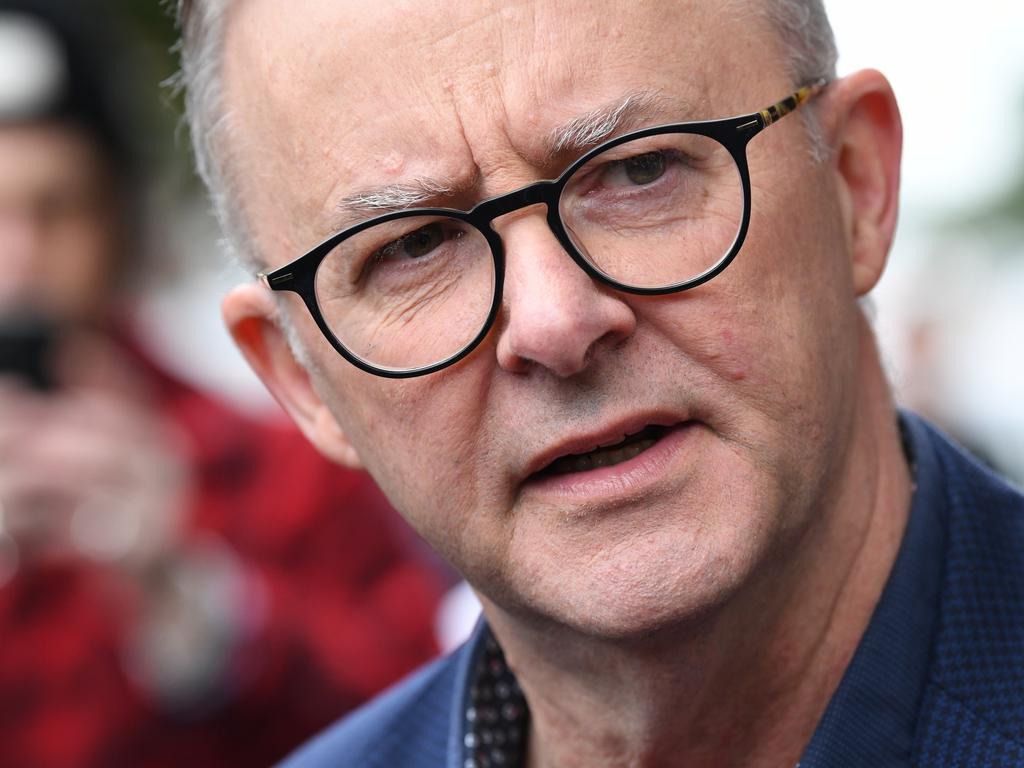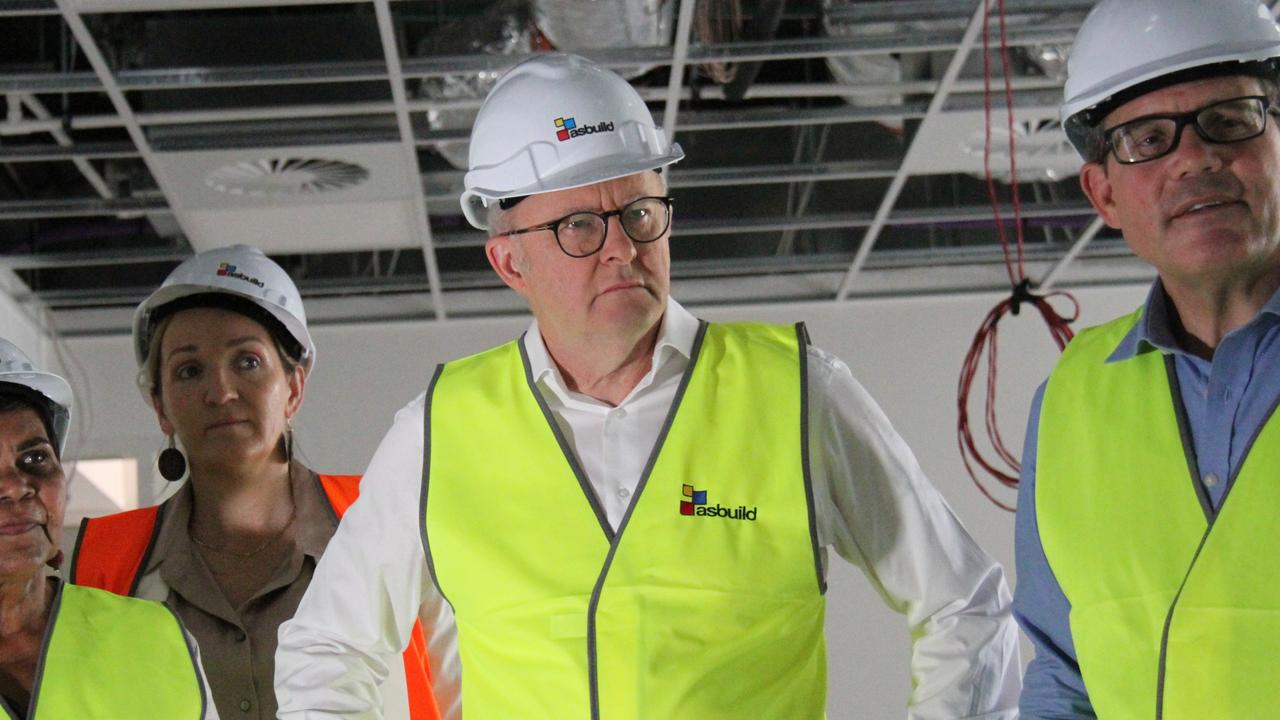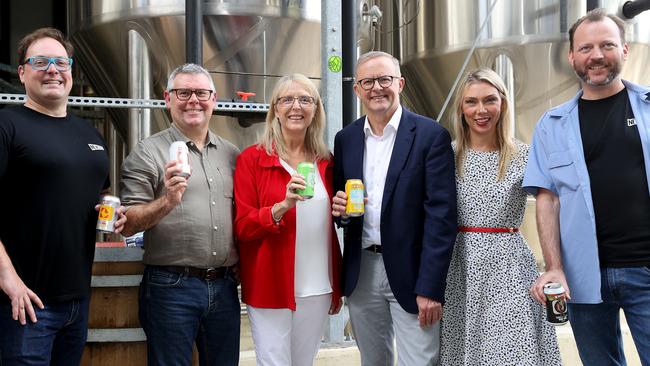
Sitting across from Anthony Albanese at the start of the election campaign as he drank a can of Albo Pale Ale and surveyed the contest ahead, he said again and again he was taking nothing for granted, wasn’t getting ahead of himself, and spoke of the mountain he had to climb to return Labor to power.
But deep down, behind the careful language, it was obvious Albanese sensed victory was in sight. He knew that if Labor stuck to its plan, remained focused and shifted the policy debate to its terrain, the party could win the seats it needed to regain government.
“Prime ministers at their best seek to bring the country together and seek unity rather than division, and accept responsibility,” he told me. “If we do receive the support, I’ll work each and every day to justify the faith that that represents of being elected to higher office in this country.”
The man who was derided as a weak leader wanted the election to be about leadership. He offered voters a different style of leadership: inclusive, consultative, empathetic. He spoke about “bringing Australians together”, a new era of consensus policymaking, working with business and unions, and about restoring integrity.
Labor offered a modest policy agenda that promised to make things “better”. Not a revolution. No radical change. Nothing risky. Just “smart” and “safe”. It was simple, targeted and deliverable. Albanese wanted people disillusioned with politics to believe their lives could change in tangible and positive ways. “It is an agenda for the times,” he said.
Just days ago, when Albanese phoned for a final-week interview, he was sticking to the script. He spoke about bringing people on the “journey of shaping change”, reducing political conflict and taking responsibility. And, ever the strategist, he had a rough plan for the first 100 days in government.
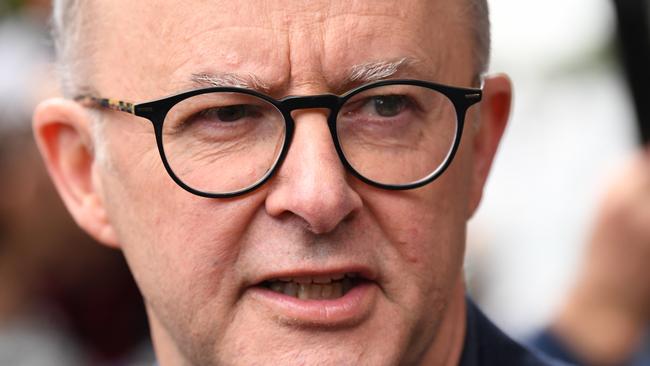
Albanese is not an inspirational leader like Gough Whitlam, Bob Hawke or Kevin Rudd – the only leaders to take Labor from opposition into government since World War II – but he is a clever strategist. He was not a great campaigner, and stumbled many times, but he understood the pathway to victory. And that, in the end, is what mattered.
The strategist, having outplayed the wiliest of politicians in Scott Morrison, is to become Australia’s 31st prime minister. Morrison and Josh Frydenberg have been vanquished and the Liberal Party is confronting an existential crisis with the loss of heartland seats. Albanese leads a united party and with the authority of a rare election victory. It is not like Hawke’s landslide 25-seat majority, but winning at least 76 seats is enough to govern. Whitlam and Hawke won 49 per cent of the primary vote, and Rudd 43 per cent, but Albanese perhaps just 33-34 per cent. Labor has never before won a majority of seats with a primary vote below 39 per cent.
Therefore, Labor must be cautious. Two-thirds of Australians voted for other parties or independents. Labor has lost seats to the Greens (Griffith) and independents (Fowler). Many seats Labor won by small margins. As tribal loyalties fragment, the two-party system is in decline and the electoral map is being redrawn.
Albanese is uniquely suited to this political moment with a bulging crossbench of Greens, teal independents and maverick MPs. He has experience dealing with the crossbench from the days of the minority 2010-13 parliament. He will be mindful of the teals because their success in halting a Liberal revival secures Labor’s seat dominance.
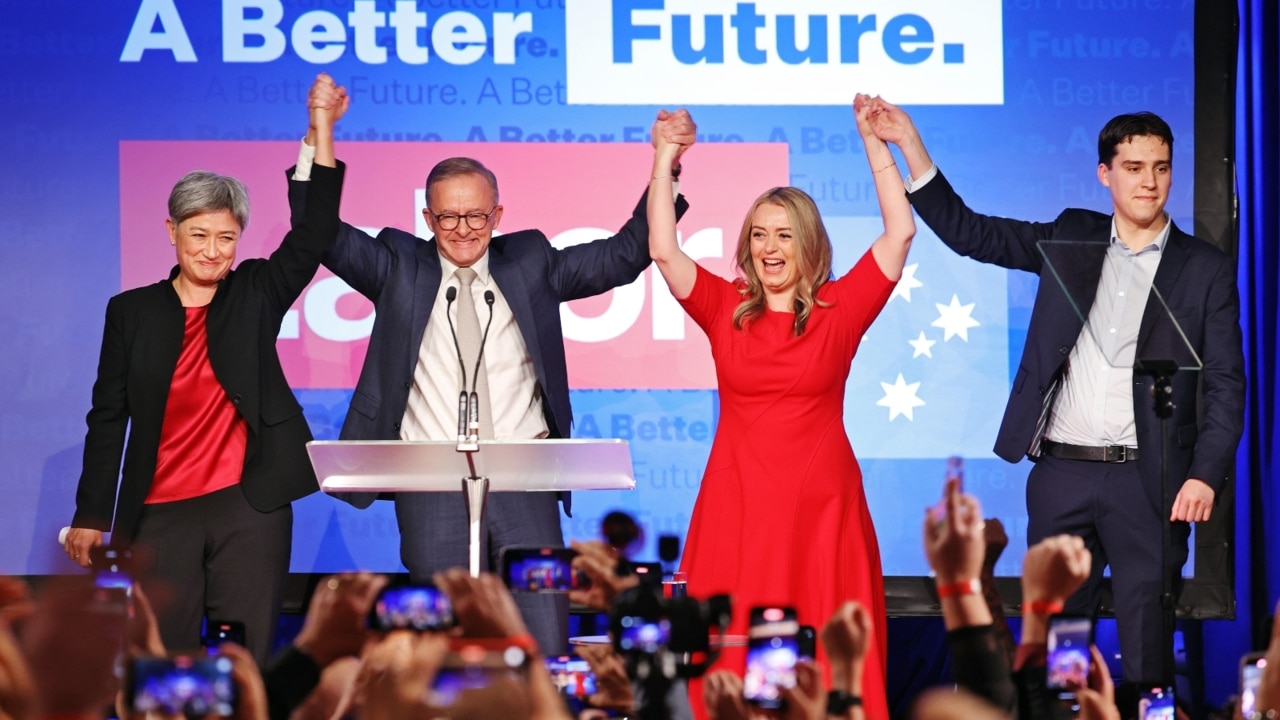
He says he has learnt the lessons of the Rudd-Gillard years, pockmarked with division and dysfunction, over-promising and underdelivering. He is focused on delivering what he pledged. He is not a policy wonk or a micromanager. He will adopt a collegiate approach to cabinet. He believes he is a good administrator. He is the most experienced incoming Labor prime minister since Ben Chifley.
The transformation of Albanese from far-left radical firebrand, blooded by internal Cold War-era party battles, to a man preaching industrial harmony and promising to work across the political divide is unprecedented. It is not just the cosmetic makeover and weight-loss; he has jettisoned many of the views he once advocated.
Even the Albo of 2019 was unelectable. He had to change. So began the process of barnacle-stripping and the making of Albo 2022. The core values he espoused about family, community, honesty and public service never changed, even though his policy positions did. Australian politics has never witnessed anything like it. And the voters accepted it.
“I’ve tried to grow,” Albanese explained. “I don’t have all the same views I had when I was 20 or 25. That’s a good thing. But, I also think, as a person I tried to grow.” Many who recall young Albo, with a chip on his shoulder and often nursing a grudge, have been surprised by how he has changed to suit the times. The man met the hour.
Now, the big test awaits.



